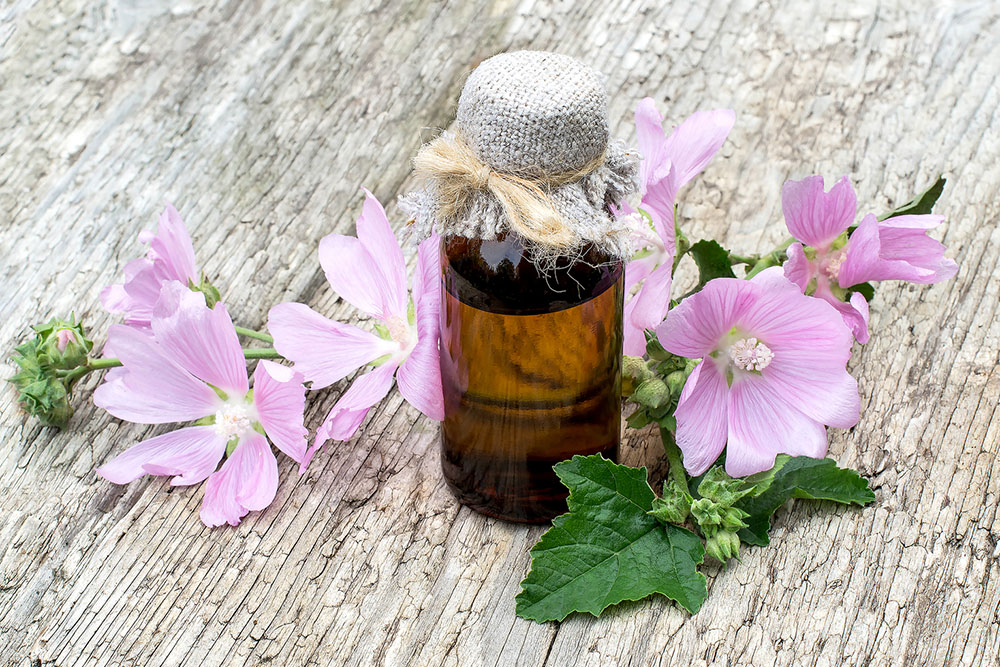Managing psoriasis flare-ups – Treatment and medications

How to manage skin flare-ups for psoriasis: treatment and medications
Psoriasis is a skin condition that is known to be a recurring autoimmune disorder. This condition is characterized by red, flaky patches on the skin, and there is a rapid buildup of skin cells, which causes scaling on the skin’s surface. Though some treatments help ease the symptoms of psoriasis, there is no cure for this condition. These treatments are a combination of home remedies and prescribed medications to control specific triggers.
Different treatment approaches
There are two types of approaches to treating this condition. The first is topical and involves direct application of creams and ointments on the skin to relieve mild to moderate psoriasis.
The other is the systemic approach, which involves taking medication orally or injecting it directly to treat moderate to severe psoriasis. Since these medications can have severe side-effects, they are just short-term prescriptions.
Light therapy is another approach to treatment that uses ultraviolet or natural light to kill the overactive white blood cells that attack healthy skin cells and cause rapid cell growth, leading to the buildup. Patients are advised to use both UVA and UVB light to help reduce the symptoms of this condition.
Some trade names to be aware of when getting treated for this condition
- Skyrizi
This is the trade name for risankizumab-rzaa. This medication is an injection prescribed to treat moderate to severe plaque psoriasis in adults. It is not known yet whether Skyrizi is safe or effective for children aged below 18 years. - Stelara
Its generic name is ustekinumab, and this medication is an immunosuppressant that reduces the effects of a chemical substance in the body that causes inflammation. Unlike skyrizi, this is used to treat plaque psoriasis in adults as well as children aged 12 years and above. - Ilumya
It is an injection prescribed to treat moderate to severe cases of psoriasis in adults. Its generic name is tildrakizumab, and it helps reduce the effects of a substance in the body that causes inflammation. - Tremfya
With the generic name of guselkumab, this medication is a monoclonal antibody that acts as a blocker for a protein that can cause inflammation and other immune responses in the body. It is important to know that this medication can weaken/suppress the immune system, which can increase the risk of developing infections. - Remicade
Like Stelara and Ilumya, this medication also works to reduce the effect of a substance that can cause inflammation in the body. Its generic name is infliximab. - Taltz
Its generic name is ixekizumab, and it is another immunosuppressant prescribed to those suffering from moderate to severe plaque psoriasis.
It is important that you do not prescribe any of these medications to yourself and consult a doctor for a complete diagnosis of your condition. While there are some universal approaches to treating psoriasis, each person may respond differently to the treatment depending on various factors. Some may even be allergic to certain medicines, so it is important to consult a professional to manage the condition effectively.
There are also several home remedies to ease the symptoms:
- Soak your body in lukewarm bath water with Epsom salt, mineral oil, milk, or olive oil in it.
- Moisturize your body immediately after taking a bath.
- Avoid alcohol.
- Turmeric has been found to minimize flare-ups, so you can use it while cooking.
- Avoid smoking.
- Manage stress.
Before changing your diet or lifestyle, consult a trusted doctor to keep them informed of this change and take their advice.

